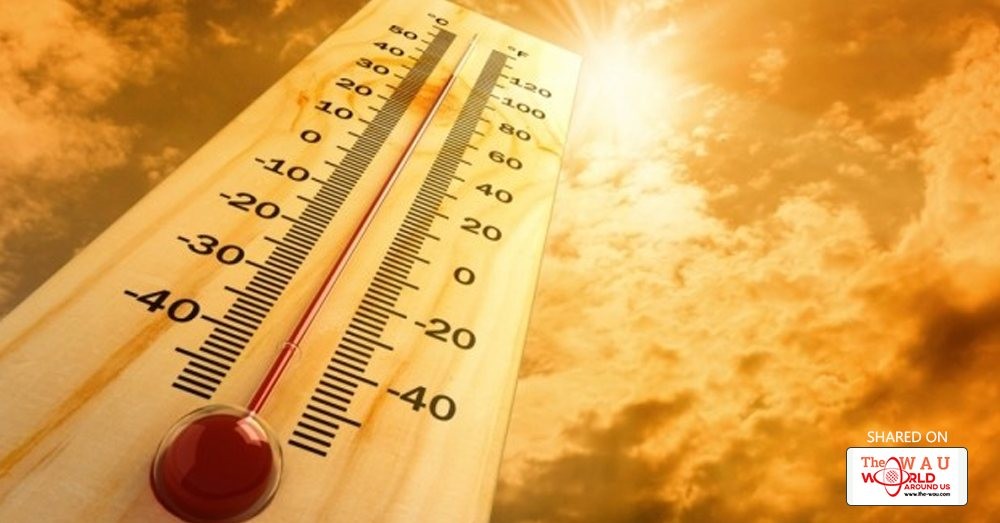Spring’s over, but you’re still stopped up, sniffly, and sneezing.
Welcome to summer allergy season. It keeps going long after April’s showers and May’s flowers are gone.
Many of the same triggers are to blame. Once you know what they are, you can take steps to get treated.
Pollen Is the Biggest Culprit
Trees are usually done with their pollen-fest by late spring. That leaves grasses and weeds to trigger summer allergies.
The type of plant to blame varies by location. Those most likely to make you sneeze or sniffle include:
Weeds
- Ragweed
- Cockleweed
- Pigweed
- Russian thistle
- Sagebrush
- Tumbleweed
Grasses
- Bermuda
- Blue grasses
- Orchard
- Red top
- Sweet vernal
- Timothy
Ragweed is one of the most common summer allergy triggers. It can travel for hundreds of miles on the wind. So even if it doesn’t grow where you live, it can make you feel bad if you’re allergic to it.
Smog: It’s Worst This Time of Year
Summer air pollution can make your symptoms worse. One of the most common is ozone. It’s created in the atmosphere from a mix of sunlight and chemicals from car exhaust. Summer’s strong sunlight and calm winds create clouds of ozone around some cities.
Critters That Sting Are More Active
Bees, wasps, yellow jackets, hornets, fire ants, and other insects can cause allergic reactions when they sting. If you have a severe allergy, a run-in with one of them could lead to a life-threatening situation.
Insect bites usually cause mild symptoms, like itching and swelling around the area. Sometimes they lead to a severe allergic reaction, though. Your throat feels like it’s swelling shut, and your tongue might swell. You could feel dizzy, nauseated, or go into shock. This is an emergency, and you'll need to get medical help right away.
Tiny Things Grow in Warm Air
Molds love damp areas, including the basement and bathrooms. Their spores get into the air and set off an allergic reaction.
Microscopic insects called dust mites peak during summer. They thrive in warm, humid temperatures and nest in beds, fabric, and carpets. Their residue can get into the air and set off sneezes, wheezes, and runny noses.
...[ Continue to next page ]
Share This Post












